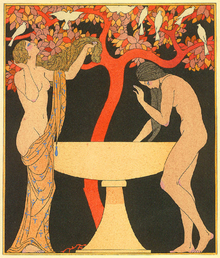This article needs additional citations for verification. (August 2024) |

Literary forgery (also known as literary mystification, literary fraud or literary hoax) is writing, such as a manuscript or a literary work, which is either deliberately misattributed to a historical or invented author, or is a purported memoir or other presumably nonfictional writing deceptively presented as true when, in fact, it presents untrue or imaginary information or content. These deceptive practices have a long history and have occurred across various literary traditions, often with significant cultural or financial impacts.
Literary forgeries can take many forms, including works that are falsely claimed to be ancient texts by known authors, fabricated memoirs, or fictional accounts presented as historical records. The reasons for creating literary forgeries can vary, including the pursuit of financial gain, the desire for literary recognition, or the promotion of specific ideological views.
While literary forgeries are often exposed and discredited, they can nevertheless have outsized impacts in shaping cultural and historical narratives.